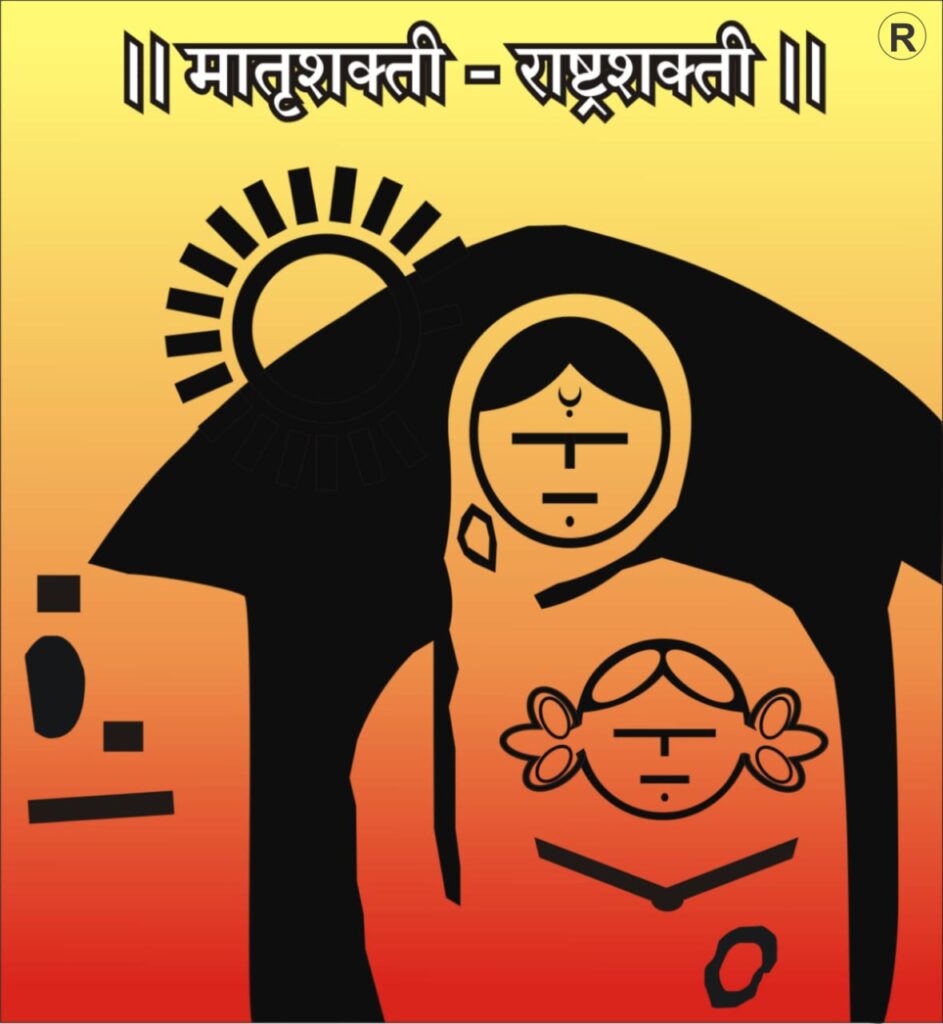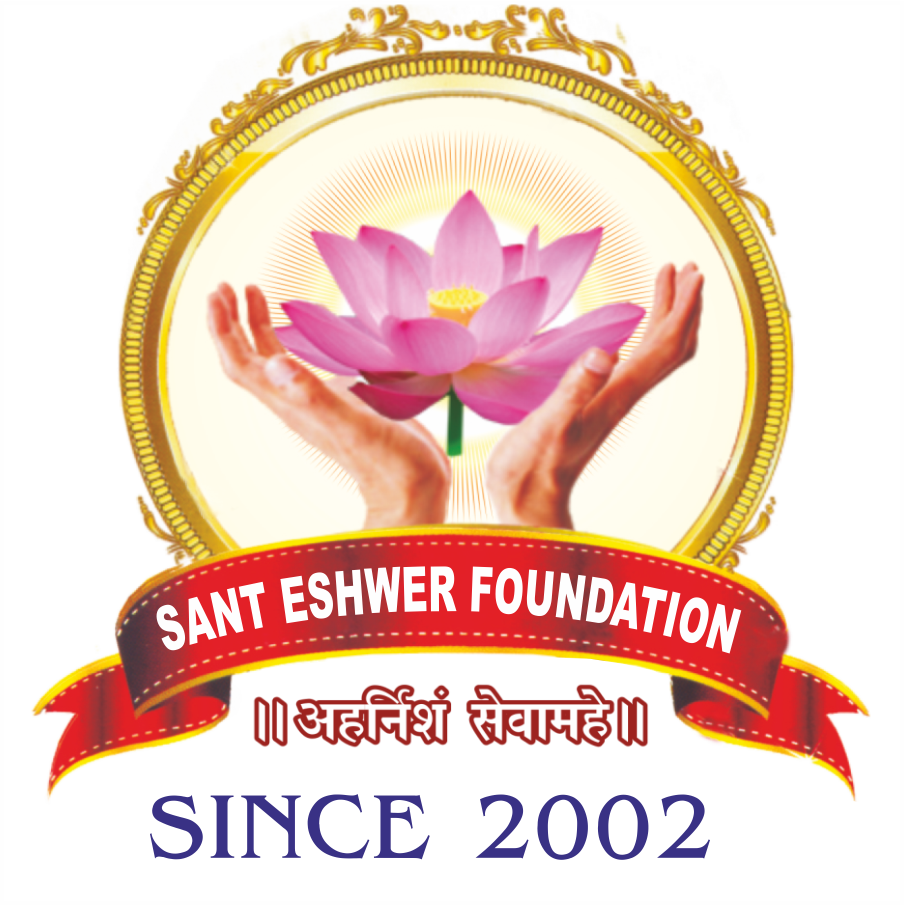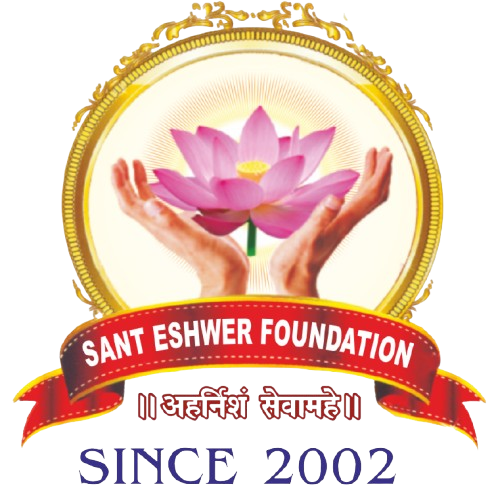
Sant Eshwer Sewa Samman, Maharashtra 2022
Savitribai Phule Ektam Samaj
A revolutionary organisation which facilitates the education of deprived children, women upliftment and promotes employment, agriculture as well as health awareness.
In the year 1994, recognising the need of educating children from seva bastis and empowering women in the rural areas of Maharashtra, an organization called ‘Savitribai Phule Mahila Ekatma Samaj Mandal’ was established. It bestowed a ray of hope and light in the lives of the people. ‘Dr Babasaheb Ambedkar Medical Establishment’, ‘Dr Hedgewar Hospital’ and ‘Savitribai Phule Mahila Ekatma Samaj Mandal’ were built to fulfil the resolve to improve society and the nation. Our former President A.P.J. Abdul Kalam articulated that “education is the most powerful weapon which has the ability to change the world, so it is necessary for education to reach every nook and corner of the society”. Realizing the necessity of education, this organization working in the rural areas of Maharashtra has been on the quest for continuous progress for numerous years to provide education to children. This institution is still working uninterruptedly. As opportunities for pre-primary education are extremely limited in rural areas. This organization runs Balwadi centres in countless villages to provide pre-primary education to children. Its major objective is to nourish the personality of the children who are deprived due to economic and social circumstances.
Any work started half-heartedly and without ideological precision is not easily accepted by people. Some had concerns with this ideology, while others ran away from this social work by calling it political. However, those who struggle are undefeatable. As per the requirement, this organisation kept on expanding its work, including self-employment for the people living in the township and health awareness campaigns etc. The organization achieved real milestones and doesn’t just endlessly keep deliberating or pretending. It worked in the true sense. When it came to employment, they gave training to the people of the bastis, provided them with employment and also made them sensitive to concerns in the context of women’s awareness. This institution presented solutions to many social problems as well. No social obstacle was sidelined by weighing it from the scales of the organization. By resolving the predicaments, this institution kept moving forward. The financial crisis and the problem of child marriage were familiar concerns in the slums, which the organization determined to resolve.
At present, the ‘Savitribai Phule Ekatma Samaj Mandal’ has initiated work in 68 sevavrati, 19 tehsils and 270 villages. Savitribai Phule Mandal operates Niramaya Arogya, 3 Arogya Kendras, 91 Zilla Parishad Schools, Arogya Bank in 70 villages, 70 Arogya Mitra, O.P.D.s in 80 villages, 11-day care mother kit, more than 5000 mental patients counselling, 30 schools, 150 Urban Arogya Mitra, more than one lakh twenty thousand benefits are taken every year. Secondly, education – teaching children, educating teenagers and student development, 7 thousand teenagers, more than 500 boys through sports. Thirdly, women empowerment and leadership development – every year 200 women leaders are trained, more than 5000 women mental health enabled, more than 5000 women got informed, 300 newly ordained assignments, free legal advice to more than 150 people, the budget decreased by more than 150. Fourthly, skill development – every year 1,400 women skill training and about 12,000 women have been trained. Fifth, natural resource development – water irrigation, agriculture development work in 70 villages. Sixth, sustainable development work in 5 districts, 25 F.P.O. Lastly, public relations – contact with more than 5 thousand donors, rural and urban more than 10 thousand voluntary work.
It’s transcribed in Manusmriti that ‘Yatra Naryastu Pujyante Ramante tatra Devata’ that is, where women are worshipped, divinity resides there. However, the reality is the opposite, as time passed, the status of women also declined. Over time, their condition became worse. Under such circumstances, the condition of tribal women became even more heinous. Ancient history and Vedas are still witnesses that even today being a woman, Sita too had to go through the ordeal. We delineate about women empowerment, but in reality, it seems necessary to know by whom the seed of women empowerment was sown first. Savitribai Phule started the work of empowering women, training them and making them self-reliant. It was Savitribai Phule who first opened the doors of education for women. Gulamgiri argues that “in the absence of education, the cognizance fades, in the absence of the swiftness, the finance fades.” That’s why education is considered an essential aspect for all individuals. Even in contemporary times, working as a woman in any field is a challenging task in itself. Savitribai Phule Mahila Ekatma Samaj Mandal is engaged in this work with determination. Apart from this, it has also promoted child education, employment, agriculture, health awareness etc.
Savitribai Phule’s efforts were initially opposed. After a long period, those bore pleasant fruits, due to which an atmosphere of harmony was created in the city, Sewa driven attitude was cultivated, people’s confidence increased, women empowerment, voluntary work was encouraged and the spirit of sociality increased, evil elements were restricted. The most important thing that happened was that society participated in societal work. Recognising the marvellous work of ‘Savitribai Phule Mahila Ekatma Samaj Mandal’, the organisation was awarded the Samaj Mitra Award in 2016, Shahu Phule Ambedkar Award in 2017 and Shri Guruji Award in 2016.
The ‘Savitribai Phule Mahila Ekatma Samaj Mandal’ extends its hand to solve all the problems overwhelmingly spread in society. Today it has made itself so capable that its workers are capable of solving any problem and are selflessly associated with the Savitribai Phule Mahila Ekatma Samaj Mandal. Whenever opposition arose in society, the image of Dr Vitthal Manikrao Kulkarni Ji benefited a lot. Savitribai Phule Mahila Ekatma Samaj Mandal is moving ahead, envisioning a beautiful future with their divine work.
Mukti Sanstha, formed in September 2019, brought the vanishing art and culture to light along with women empowerment, especially in the Jammu division. In 2020, for the first time in Haryana’s Surajkund International Fair, the institution displayed slippers, yoga mats, worship seats and other items made of stubble, a symbol of the dying civilization of Kishtwar, a district of Jammu division. Along with this, the legendary Basohli paintings, items made from grass by women in the Jammu belt were also displayed. The institution brings both handicraft women artisans and their art in front of everyone.






